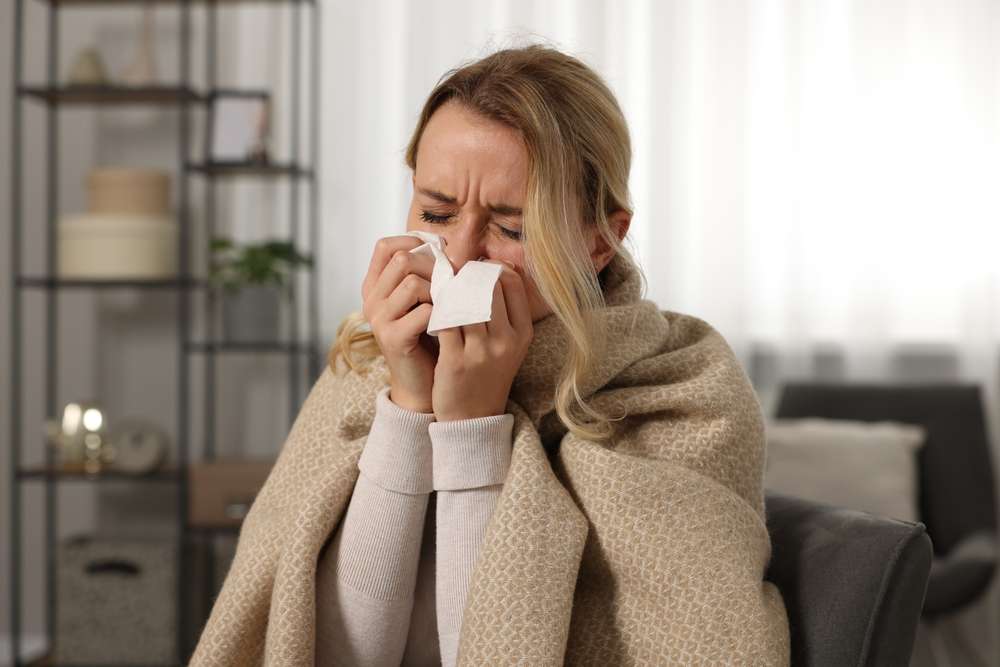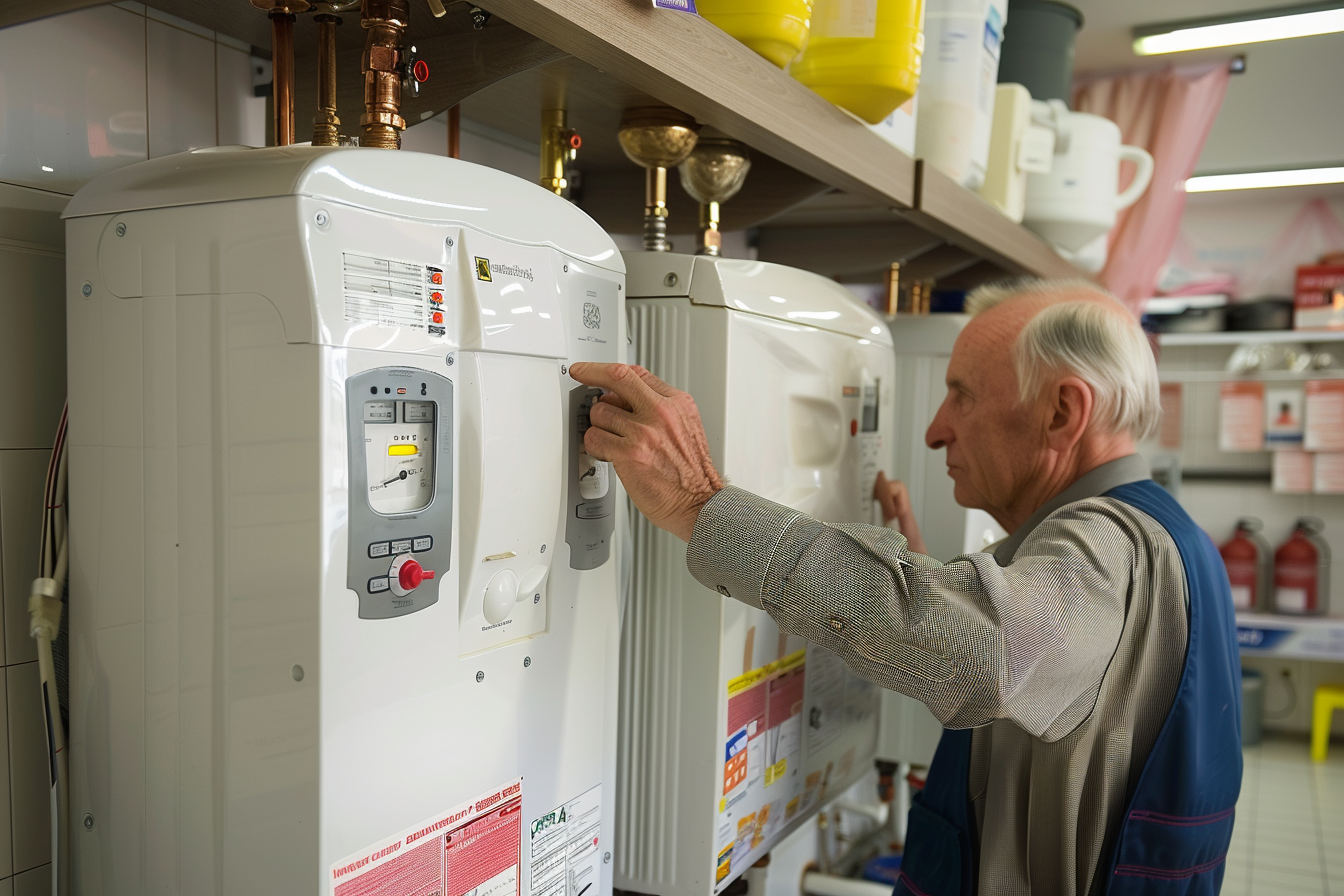Dealing with Seasonal Allergies? See What Options People Explore
Seasonal allergies affect millions each year, often leading to sneezing, congestion, and fatigue during high-pollen months. This article explores various approaches people are considering to manage seasonal allergy symptoms, including home adjustments, air quality improvements, and non-prescription treatments that may offer support. Understanding these options can help individuals make more informed choices about daily relief and long-term comfort.

What are people learning about seasonal allergy triggers?
Understanding the root causes of seasonal allergies is crucial for effective management. Many individuals are discovering that common triggers include pollen from trees, grasses, and weeds. As awareness grows, people are learning to identify specific plants in their local environment that may be responsible for their symptoms. Some are even tracking pollen counts through weather apps or local allergy forecasts to better predict and prepare for high-risk days.
Additionally, people are becoming more informed about the role of indoor allergens, such as dust mites and pet dander, which can exacerbate seasonal allergy symptoms. This knowledge is empowering individuals to take a more comprehensive approach to allergy management, addressing both outdoor and indoor triggers simultaneously.
How are some exploring ways to reduce exposure to allergy irritants at home?
With the understanding that reducing exposure to allergens can significantly alleviate symptoms, many individuals are exploring various strategies to create an allergy-friendly home environment. Some common approaches include:
-
Regular cleaning: Implementing a consistent cleaning routine to reduce dust and allergens, including frequent vacuuming with HEPA filters and dusting with microfiber cloths.
-
Bedding care: Washing bedding in hot water weekly and using allergen-proof covers for mattresses and pillows to minimize exposure to dust mites.
-
Air purification: Investing in HEPA air purifiers to filter out airborne allergens in key living spaces.
-
Shoe policies: Establishing a “no shoes indoors” rule to prevent tracking in outdoor allergens.
-
Pet grooming: For those with furry friends, increasing the frequency of pet baths and brushing to reduce dander in the home.
In what ways might air quality influence allergy experiences?
As awareness of air quality’s impact on overall health grows, many are exploring how it specifically relates to their allergy experiences. Poor air quality, particularly on days with high pollution levels, can exacerbate allergy symptoms by irritating the respiratory system and making it more susceptible to allergens.
Some individuals are taking proactive steps to monitor and improve their indoor air quality. This includes using air quality monitors to track pollutant levels and adjusting their activities accordingly. On days with poor outdoor air quality, people are more likely to keep windows closed and rely on air conditioning with clean filters to maintain a healthier indoor environment.
When do people typically choose to talk to a healthcare professional about allergies?
While many attempt to manage seasonal allergies on their own, there are certain situations where individuals are more likely to seek professional medical advice. Common triggers for consulting a healthcare provider include:
-
Severe or persistent symptoms that significantly impact daily life or sleep quality.
-
Ineffectiveness of over-the-counter medications in providing adequate relief.
-
Uncertainty about whether symptoms are due to allergies or another underlying condition.
-
Concerns about potential interactions between allergy medications and other prescribed drugs.
-
Interest in exploring long-term treatment options, such as immunotherapy.
Healthcare professionals can offer personalized advice, conduct allergy tests to identify specific triggers, and prescribe stronger medications when necessary. They may also recommend allergy shots or sublingual immunotherapy for those with severe or persistent allergies.
What unique approaches are people in the United States exploring for allergy relief?
In the United States, individuals are increasingly turning to alternative and complementary therapies to supplement traditional allergy treatments. Some are exploring the potential benefits of local honey, believing that consuming small amounts of local pollen may help build tolerance over time. Others are incorporating nasal irrigation with saline solutions, a practice that has gained popularity for its ability to flush out allergens and soothe irritated nasal passages.
Additionally, there’s growing interest in herbal remedies and supplements, such as butterbur and quercetin, which some believe may have anti-inflammatory properties that could help alleviate allergy symptoms. However, it’s important to note that the efficacy of these approaches varies, and consulting with a healthcare provider before trying new treatments is always recommended.
What over-the-counter options are commonly used for seasonal allergy relief?
Many individuals start their allergy management journey with over-the-counter (OTC) medications. Here’s a comparison of some popular OTC allergy relief options:
| Product Type | Examples | Key Features | Cost Estimation |
|---|---|---|---|
| Antihistamines | Zyrtec, Claritin, Allegra | Non-drowsy, 24-hour relief | $15-$25 for 30 tablets |
| Nasal Sprays | Flonase, Nasacort | Reduces nasal inflammation | $15-$20 for a month’s supply |
| Eye Drops | Zaditor, Alaway | Relieves itchy, watery eyes | $10-$15 per bottle |
| Decongestants | Sudafed, Mucinex | Clears nasal congestion | $10-$15 for 24 tablets |
Prices, rates, or cost estimates mentioned in this article are based on the latest available information but may change over time. Independent research is advised before making financial decisions.
In conclusion, managing seasonal allergies often involves a multifaceted approach. From understanding triggers and modifying home environments to exploring various treatment options, individuals are finding diverse ways to cope with allergy symptoms. While over-the-counter remedies provide relief for many, it’s essential to consult with healthcare professionals for personalized advice, especially when symptoms persist or significantly impact quality of life.
This article is for informational purposes only and should not be considered medical advice. Please consult a qualified healthcare professional for personalized guidance and treatment.




